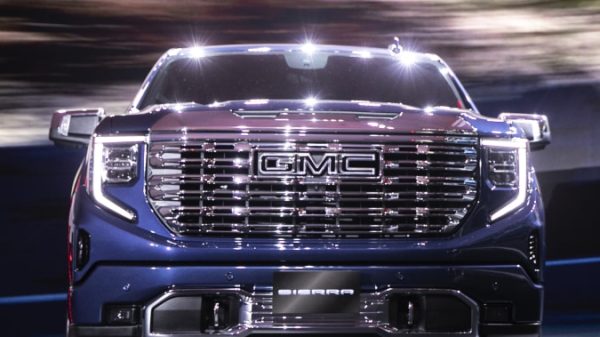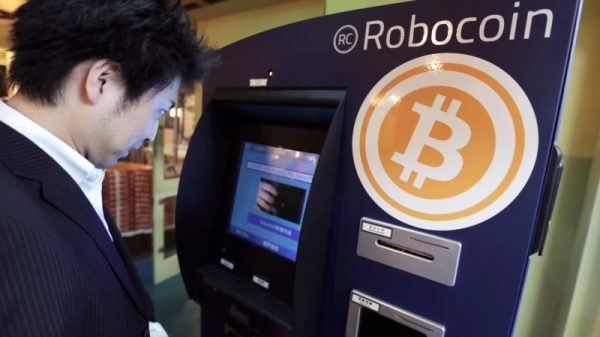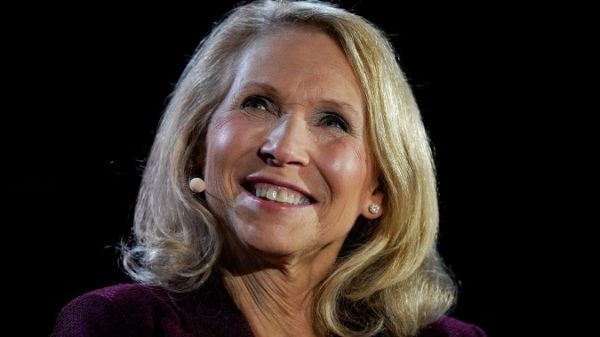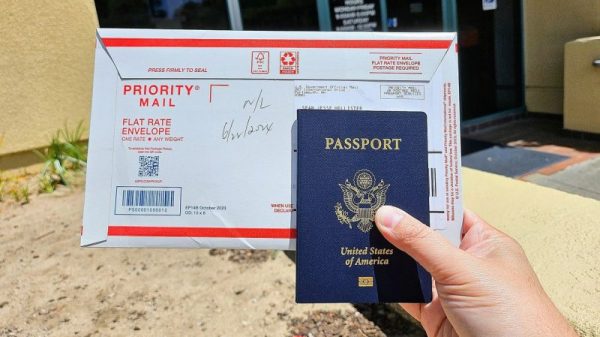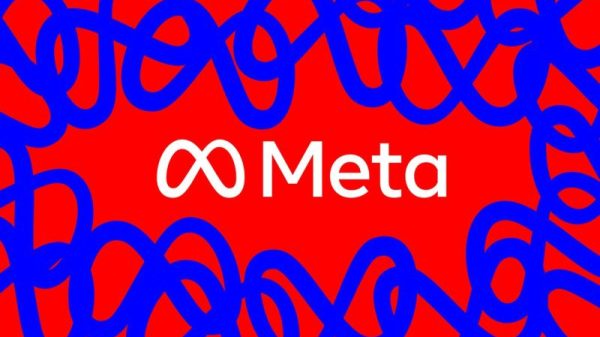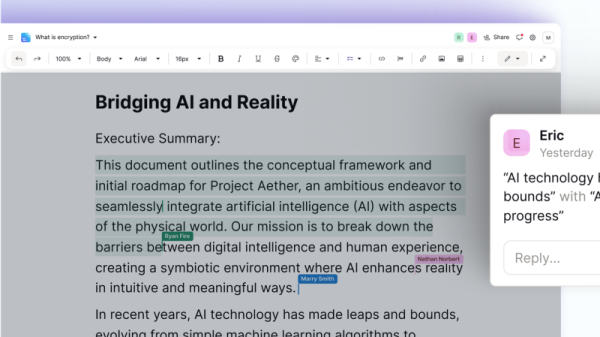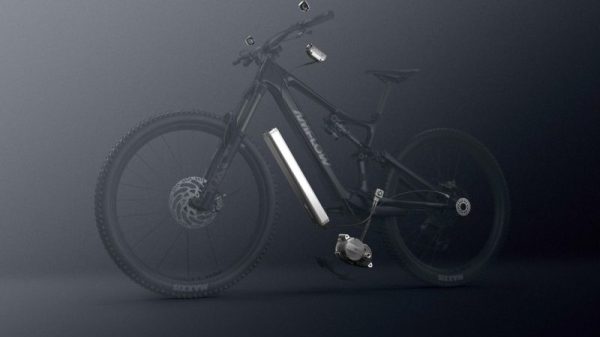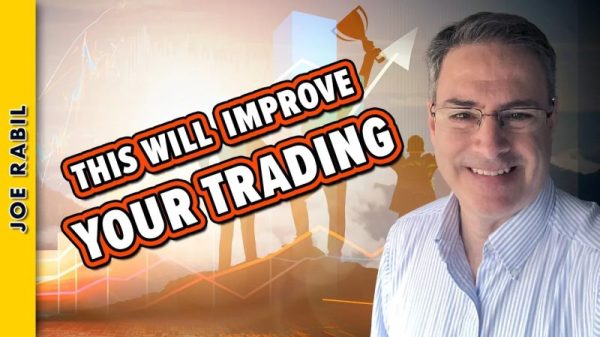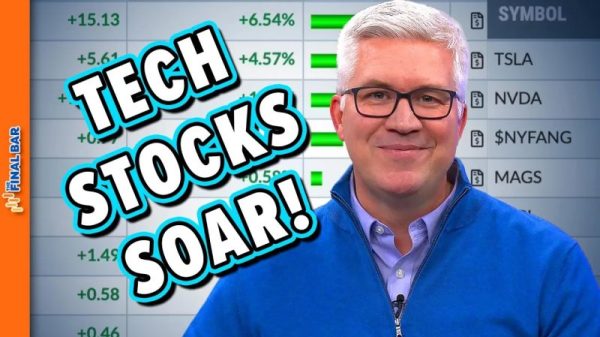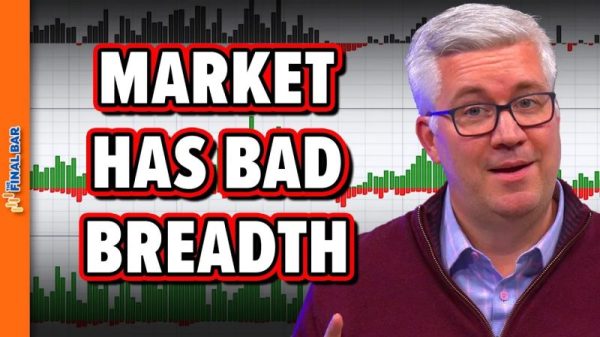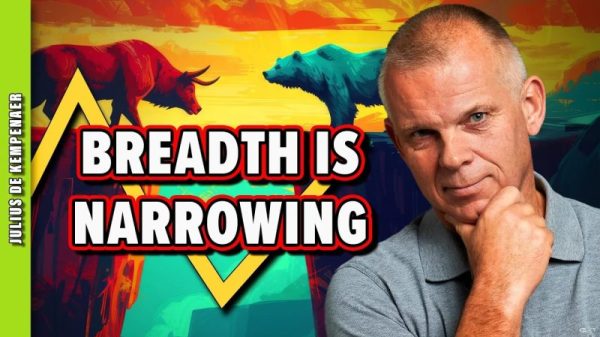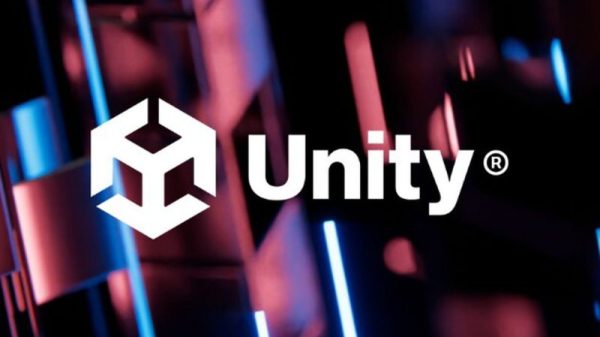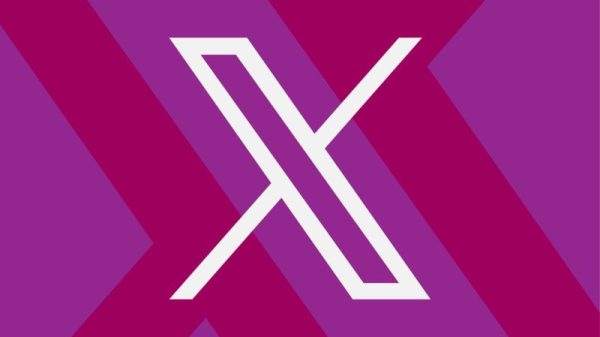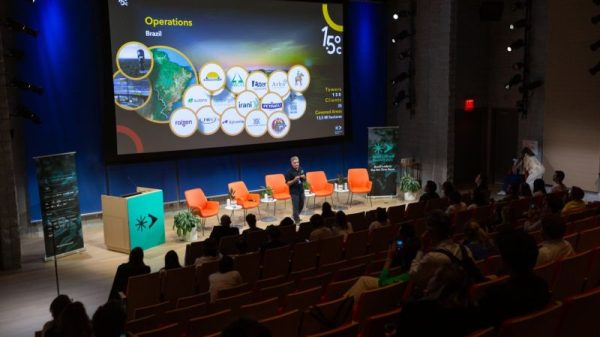VILNIUS, Lithuania — Ukrainian President Volodymyr Zelensky on Tuesday jolted a summit of NATO leaders by blasting their joint statement on his country’s prospective membership, decrying its lack of a concrete timeline as “unprecedented and absurd.”
In a fiery tweet, Zelensky frustrated Ukraine’s advocates inside the alliance who believed they had secured a win for Kyiv by pushing the United States, Germany and other reluctant countries to consent “to extend an invitation to Ukraine to join the alliance when allies agree and conditions are met,” in the words of the declaration painstakingly hammered out through negotiations among the 31 NATO members.
Ukraine has demanded a definitive timeline for NATO membership that includes specific steps and milestones. But many NATO countries are cautious about risking direct war with Russia, and they have been searching for a way to balance Ukraine’s hopes with pragmatic security calculations.
Zelensky’s angry intervention — which came before the final agreement on Tuesday but after the language had already started circulating — suggested the alliance had not yet found a way to satisfy both sides. NATO diplomats had hoped to issue a unified declaration on Ukraine’s membership prospects on Tuesday as a triumphal moment ahead of Zelensky’s visit to the summit.
The sharp statement was the latest gamble by the Ukrainian president, who has not hesitated to criticize his backers when he senses a moment to seize more support for Ukraine. NATO diplomats, who like others spoke on the condition of anonymity to speak frankly about the tense talks, said they suspected he was using the tweet as a negotiation tactic.
Zelensky seemed especially upset at the idea that conditions were not ripe even for an invitation to join, let alone for full membership.
“Now, on the way to Vilnius, we received signals that certain wording is being discussed without Ukraine,” Zelensky wrote on Twitter. “And I would like to emphasize that this wording is about the invitation to become NATO member, not about Ukraine’s membership. It’s unprecedented and absurd when time frame is not set neither for the invitation nor for Ukraine’s membership.”
He claimed that NATO leaders were not serious about inviting Ukraine to join the alliance and complained that their approach indicated they instead wanted to keep its membership as a bargaining chip for eventual negotiations with Russia.
“Uncertainty is weakness,” he wrote, as he prepared to join the allies for meetings in Vilnius. “And I will openly discuss this at the summit.”
Zelensky’s blunt, 170-word Twitter missive surprised policymakers at the summit, where Biden had hoped to lead a show of unity against Russia and highlight his ability to rally global partners — a key component of his reelection pitch.
While Zelensky did not mention Biden in his tweet, the Ukrainian leader has called the U.S. president NATO’s chief “decision-maker” and has directed his appeals for membership to the White House.
For his part, Biden has been more hesitant than leaders of many other NATO member countries about Ukraine’s bid, saying that in addition to resolving the ongoing war with Russia, Kyiv would need to implement internal reforms to become eligible. NATO encourages its members to embrace democracy and a market economy.
Ukrainian officials have said they realize Kyiv will not immediately be invited to join the alliance at this summit but that they hoped for a clear pathway or timeline to be established in writing that would give them confidence that the country would soon be invited.
Members of the U.S. delegation were furious with Zelensky’s tweet, according to an official familiar with the situation who spoke on the condition of anonymity because of the sensitive diplomatic considerations.
NATO Secretary General Jens Stoltenberg sought to smooth things over.
“There has never been a stronger message from NATO at any time, both when it comes to political messages on the path forward for membership and the concrete support from NATO allies with their support,” he said.
The spat over Ukraine’s membership threatened to overshadow the significant aid and support approved Tuesday for the country’s fight against Russia.
French President Emmanuel Macron announced a shipment of long-range missiles that have proven highly effective against Russian targets. Germany announced air defense systems and armored vehicles. Biden plans to announce additional support soon. And NATO leaders approved a slew of tough language against Russia and gave Ukraine the power to convene NATO ambassadors when Kyiv wants to discuss security threats.
Zelensky struck a more conciliatory tone after arriving in Vilnius, where he told a crowd of thousands that he continued to have “faith” in a strong NATO that could become stronger with Ukraine.
“I would like this faith to become confidence — confidence in the decisions that we deserve, all of us deserve, and every warrior, every citizen, every mother, every child expects,” he said in a statement on Twitter.
But Zelensky’s earlier words blasting the alliance stood in stark contrast to the image of Western harmony that Biden and his aides had been projecting as they credited the president with helping to break an impasse that had stalled Sweden’s accession into NATO.
Turkish President Recep Tayyip Erdogan, whom Biden met with Tuesday, had blocked Sweden’s accession, and his decision to relent helped pave the path for its eventual inclusion as the bloc’s 32nd member state.
“When the NATO summit gets underway, our alliance will not only be bigger and stronger than ever, it will be more united, more purposeful and more energized than at any point in modern memory,” U.S. national security adviser Jake Sullivan told reporters Tuesday morning at the outset of the summit.
Biden has stressed that the impasse over Sweden was not tied to Erdogan’s desire to buy F-16 fighter jets from the United States, which some in the Senate have blocked. But Sen. Jeanne Shaheen (D-N.H.) said after the agreement was reached that she believed the sale would move forward “when we see ratification.”
Later Tuesday, about 10 minutes after Zelensky’s tweet was posted, Biden and Stoltenberg shook hands and announced they had agreed on language about Ukraine’s membership bid.
Some NATO policymakers said Zelensky was seeking to impose as much pressure as possible before the language was formalized.
“The tweet puts pressure on the alliance,” said a senior NATO defense official, speaking on the condition of anonymity to discuss internal deliberations. And it helps send a message to Zelensky’s domestic audience, the official added, “to say, ‘I am fighting to the end.’”
Responding to Zelensky’s tweet, a senior E.U. official said Ukrainian officials were trying to “tease out a bit more from allies,” particularly on what specific conditions Ukraine would need to meet to move forward.
“To their taste,” the draft language is “a bit open-ended,” the official said, referring to the Ukrainians and speaking on the condition of anonymity to discuss internal deliberations.
For weeks now, NATO diplomats have been trying to find a way to signal support for Ukraine without actually offering Kyiv membership — a delicate and fraught balancing act.
In the final communiqué, the allies affirmed that “Ukraine’s future is in NATO,” even as they declined to say when that future might come about.
Even as Zelensky has ramped up his calls for membership, Biden has been saying the country must improve its democratic system before becoming eligible.
“I don’t think it’s ready for membership in NATO,” Biden said in an interview that aired Sunday on CNN’s “Fareed Zakaria GPS.”
Zelensky’s harsh commentary means his meeting with Biden on Wednesday will be one of the summit’s most high-profile engagements. It will come just hours before the president is set to deliver a “major” address about his global vision and leadership, aides said.
In his opening remarks to the summit Tuesday, Stoltenberg said Ukraine should be allowed to circumvent the alliance’s Membership Action Plan (MAP) process that most would-be members must follow. He praised Ukraine for having “come a long way” since 2008, when NATO made a vague commitment that Kyiv would one day join.
As the talks unfolded, the more hawkish members of the alliance — the Baltic states, Poland, and others in Central and Eastern Europe with unpleasant memories of communism — pushed for clear language to demonstrate that Ukraine’s path toward NATO membership was getting shorter.
The conversations were sharp, diplomats said, with many of the hawks getting frustrated with the United States and Germany, the two most vocally cautious members of the alliance on that subject.
Ukrainians had been especially insistent about including the word “invitation” in the summit declaration, diplomats said. And so when they won that concession by Tuesday morning, Ukraine’s closest NATO allies were expressing relief and satisfaction.
“We are quite happy,” one senior NATO diplomat said before the Zelensky tweet. “Hopefully it will stay in the text.”
Some diplomats argue that it is not realistic to grant Ukraine NATO membership while it is engaged in a war, since that would instantly involve the alliance in military hostilities. But others argue that waiting until the war ends would only give Russian President Vladimir Putin an incentive to prolong it.
Sen. Thom Tillis (R-N.C.) dismissed that argument. “Putin cannot continue to invest in a war he’s losing in the long term,” Tillis said. “The message out of this summit, and every summit as long as he’s in Ukraine, is that we’re here, we’re here en masse, and we’re going to continue to support Ukraine.”
White House aides have said Biden has a strong story to tell about unifying allies in response to Russia’s aggression and have taken umbrage over criticism that any sense of disharmony signaled a broader disintegration of the West’s solidarity with Kyiv.
“A lot of the coverage going into the summit — rumors over the death of NATO’s unity — were greatly exaggerated,” Sullivan said Tuesday morning. “Every few months, the question is called: Can the West hang together, can NATO hang together, can transatlantic hang together? Every time allies gather, that question gets re-upped. And every time the allies come together and answer it forcefully and vehemently, ‘Yes, we can.’”
But Zelensky’s language was particularly stark.
“A window of opportunity is being left to bargain Ukraine’s membership in NATO in negotiations with Russia. And for Russia, this means motivation to continue its terror,” he wrote.
VILNIUS, Lithuania — Ukrainian President Volodymyr Zelensky on Tuesday jolted a summit of NATO leaders by blasting their joint statement on his country’s prospective membership, decrying its lack of a concrete timeline as “unprecedented and absurd.”
In a fiery tweet, Zelensky frustrated Ukraine’s advocates inside the alliance who believed they had secured a win for Kyiv by pushing the United States, Germany and other reluctant countries to consent “to extend an invitation to Ukraine to join the alliance when allies agree and conditions are met,” in the words of the declaration painstakingly hammered out through negotiations among the 31 NATO members.
Ukraine has demanded a definitive timeline for NATO membership that includes specific steps and milestones. But many NATO countries are cautious about risking direct war with Russia, and they have been searching for a way to balance Ukraine’s hopes with pragmatic security calculations.
Zelensky’s angry intervention — which came before the final agreement on Tuesday but after the language had already started circulating — suggested the alliance had not yet found a way to satisfy both sides. NATO diplomats had hoped to issue a unified declaration on Ukraine’s membership prospects on Tuesday as a triumphal moment ahead of Zelensky’s visit to the summit.
The sharp statement was the latest gamble by the Ukrainian president, who has not hesitated to criticize his backers when he senses a moment to seize more support for Ukraine. NATO diplomats, who like others spoke on the condition of anonymity to speak frankly about the tense talks, said they suspected he was using the tweet as a negotiation tactic.
Zelensky seemed especially upset at the idea that conditions were not ripe even for an invitation to join, let alone for full membership.
“Now, on the way to Vilnius, we received signals that certain wording is being discussed without Ukraine,” Zelensky wrote on Twitter. “And I would like to emphasize that this wording is about the invitation to become NATO member, not about Ukraine’s membership. It’s unprecedented and absurd when time frame is not set neither for the invitation nor for Ukraine’s membership.”
He claimed that NATO leaders were not serious about inviting Ukraine to join the alliance and complained that their approach indicated they instead wanted to keep its membership as a bargaining chip for eventual negotiations with Russia.
“Uncertainty is weakness,” he wrote, as he prepared to join the allies for meetings in Vilnius. “And I will openly discuss this at the summit.”
Zelensky’s blunt, 170-word Twitter missive surprised policymakers at the summit, where Biden had hoped to lead a show of unity against Russia and highlight his ability to rally global partners — a key component of his reelection pitch.
While Zelensky did not mention Biden in his tweet, the Ukrainian leader has called the U.S. president NATO’s chief “decision-maker” and has directed his appeals for membership to the White House.
For his part, Biden has been more hesitant than leaders of many other NATO member countries about Ukraine’s bid, saying that in addition to resolving the ongoing war with Russia, Kyiv would need to implement internal reforms to become eligible. NATO encourages its members to embrace democracy and a market economy.
Ukrainian officials have said they realize Kyiv will not immediately be invited to join the alliance at this summit but that they hoped for a clear pathway or timeline to be established in writing that would give them confidence that the country would soon be invited.
Members of the U.S. delegation were furious with Zelensky’s tweet, according to an official familiar with the situation who spoke on the condition of anonymity because of the sensitive diplomatic considerations.
NATO Secretary General Jens Stoltenberg sought to smooth things over.
“There has never been a stronger message from NATO at any time, both when it comes to political messages on the path forward for membership and the concrete support from NATO allies with their support,” he said.
The spat over Ukraine’s membership threatened to overshadow the significant aid and support approved Tuesday for the country’s fight against Russia.
French President Emmanuel Macron announced a shipment of long-range missiles that have proven highly effective against Russian targets. Germany announced air defense systems and armored vehicles. Biden plans to announce additional support soon. And NATO leaders approved a slew of tough language against Russia and gave Ukraine the power to convene NATO ambassadors when Kyiv wants to discuss security threats.
Zelensky struck a more conciliatory tone after arriving in Vilnius, where he told a crowd of thousands that he continued to have “faith” in a strong NATO that could become stronger with Ukraine.
“I would like this faith to become confidence — confidence in the decisions that we deserve, all of us deserve, and every warrior, every citizen, every mother, every child expects,” he said in a statement on Twitter.
But Zelensky’s earlier words blasting the alliance stood in stark contrast to the image of Western harmony that Biden and his aides had been projecting as they credited the president with helping to break an impasse that had stalled Sweden’s accession into NATO.
Turkish President Recep Tayyip Erdogan, whom Biden met with Tuesday, had blocked Sweden’s accession, and his decision to relent helped pave the path for its eventual inclusion as the bloc’s 32nd member state.
“When the NATO summit gets underway, our alliance will not only be bigger and stronger than ever, it will be more united, more purposeful and more energized than at any point in modern memory,” U.S. national security adviser Jake Sullivan told reporters Tuesday morning at the outset of the summit.
Biden has stressed that the impasse over Sweden was not tied to Erdogan’s desire to buy F-16 fighter jets from the United States, which some in the Senate have blocked. But Sen. Jeanne Shaheen (D-N.H.) said after the agreement was reached that she believed the sale would move forward “when we see ratification.”
Later Tuesday, about 10 minutes after Zelensky’s tweet was posted, Biden and Stoltenberg shook hands and announced they had agreed on language about Ukraine’s membership bid.
Some NATO policymakers said Zelensky was seeking to impose as much pressure as possible before the language was formalized.
“The tweet puts pressure on the alliance,” said a senior NATO defense official, speaking on the condition of anonymity to discuss internal deliberations. And it helps send a message to Zelensky’s domestic audience, the official added, “to say, ‘I am fighting to the end.’”
Responding to Zelensky’s tweet, a senior E.U. official said Ukrainian officials were trying to “tease out a bit more from allies,” particularly on what specific conditions Ukraine would need to meet to move forward.
“To their taste,” the draft language is “a bit open-ended,” the official said, referring to the Ukrainians and speaking on the condition of anonymity to discuss internal deliberations.
For weeks now, NATO diplomats have been trying to find a way to signal support for Ukraine without actually offering Kyiv membership — a delicate and fraught balancing act.
In the final communiqué, the allies affirmed that “Ukraine’s future is in NATO,” even as they declined to say when that future might come about.
Even as Zelensky has ramped up his calls for membership, Biden has been saying the country must improve its democratic system before becoming eligible.
“I don’t think it’s ready for membership in NATO,” Biden said in an interview that aired Sunday on CNN’s “Fareed Zakaria GPS.”
Zelensky’s harsh commentary means his meeting with Biden on Wednesday will be one of the summit’s most high-profile engagements. It will come just hours before the president is set to deliver a “major” address about his global vision and leadership, aides said.
In his opening remarks to the summit Tuesday, Stoltenberg said Ukraine should be allowed to circumvent the alliance’s Membership Action Plan (MAP) process that most would-be members must follow. He praised Ukraine for having “come a long way” since 2008, when NATO made a vague commitment that Kyiv would one day join.
As the talks unfolded, the more hawkish members of the alliance — the Baltic states, Poland, and others in Central and Eastern Europe with unpleasant memories of communism — pushed for clear language to demonstrate that Ukraine’s path toward NATO membership was getting shorter.
The conversations were sharp, diplomats said, with many of the hawks getting frustrated with the United States and Germany, the two most vocally cautious members of the alliance on that subject.
Ukrainians had been especially insistent about including the word “invitation” in the summit declaration, diplomats said. And so when they won that concession by Tuesday morning, Ukraine’s closest NATO allies were expressing relief and satisfaction.
“We are quite happy,” one senior NATO diplomat said before the Zelensky tweet. “Hopefully it will stay in the text.”
Some diplomats argue that it is not realistic to grant Ukraine NATO membership while it is engaged in a war, since that would instantly involve the alliance in military hostilities. But others argue that waiting until the war ends would only give Russian President Vladimir Putin an incentive to prolong it.
Sen. Thom Tillis (R-N.C.) dismissed that argument. “Putin cannot continue to invest in a war he’s losing in the long term,” Tillis said. “The message out of this summit, and every summit as long as he’s in Ukraine, is that we’re here, we’re here en masse, and we’re going to continue to support Ukraine.”
White House aides have said Biden has a strong story to tell about unifying allies in response to Russia’s aggression and have taken umbrage over criticism that any sense of disharmony signaled a broader disintegration of the West’s solidarity with Kyiv.
“A lot of the coverage going into the summit — rumors over the death of NATO’s unity — were greatly exaggerated,” Sullivan said Tuesday morning. “Every few months, the question is called: Can the West hang together, can NATO hang together, can transatlantic hang together? Every time allies gather, that question gets re-upped. And every time the allies come together and answer it forcefully and vehemently, ‘Yes, we can.’”
But Zelensky’s language was particularly stark.
“A window of opportunity is being left to bargain Ukraine’s membership in NATO in negotiations with Russia. And for Russia, this means motivation to continue its terror,” he wrote.


